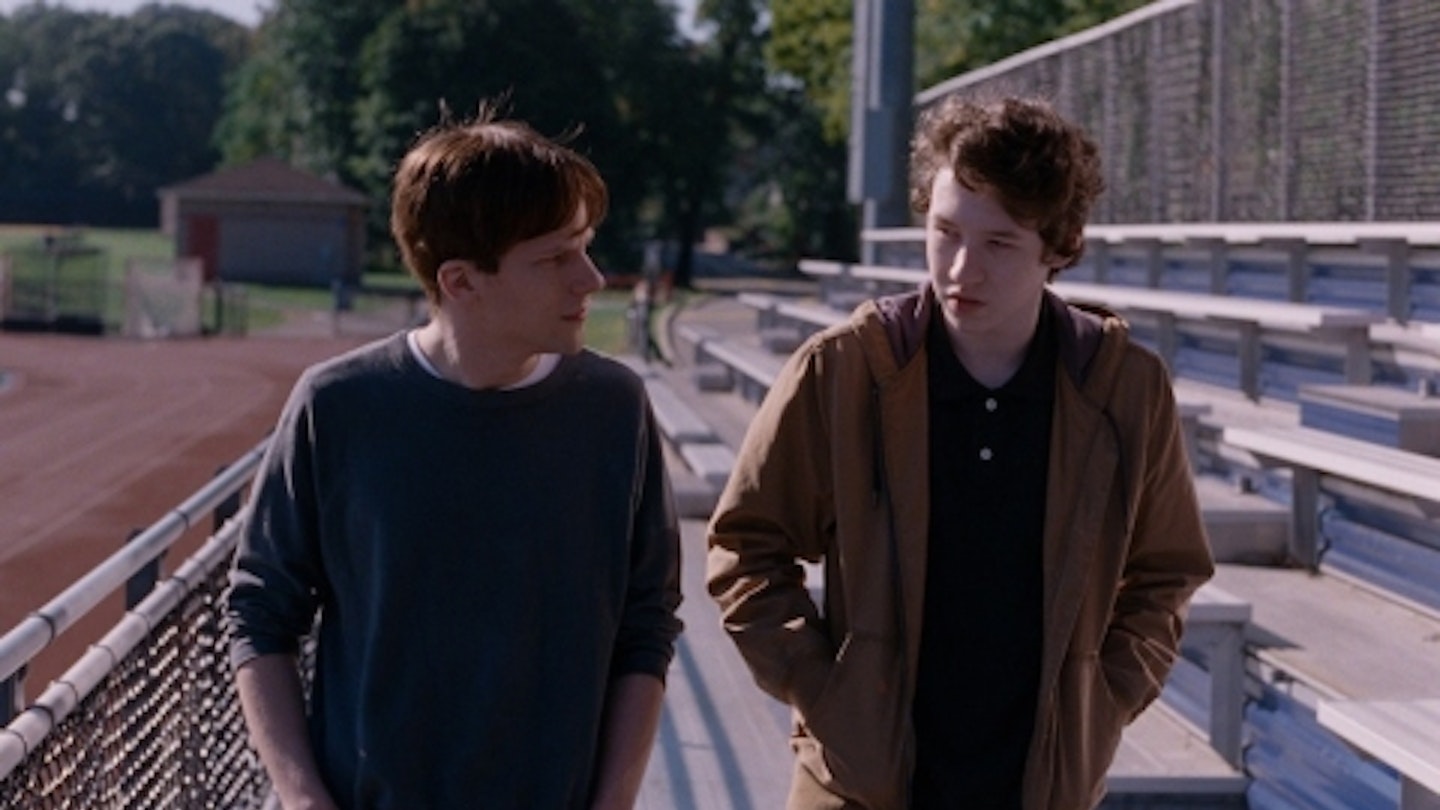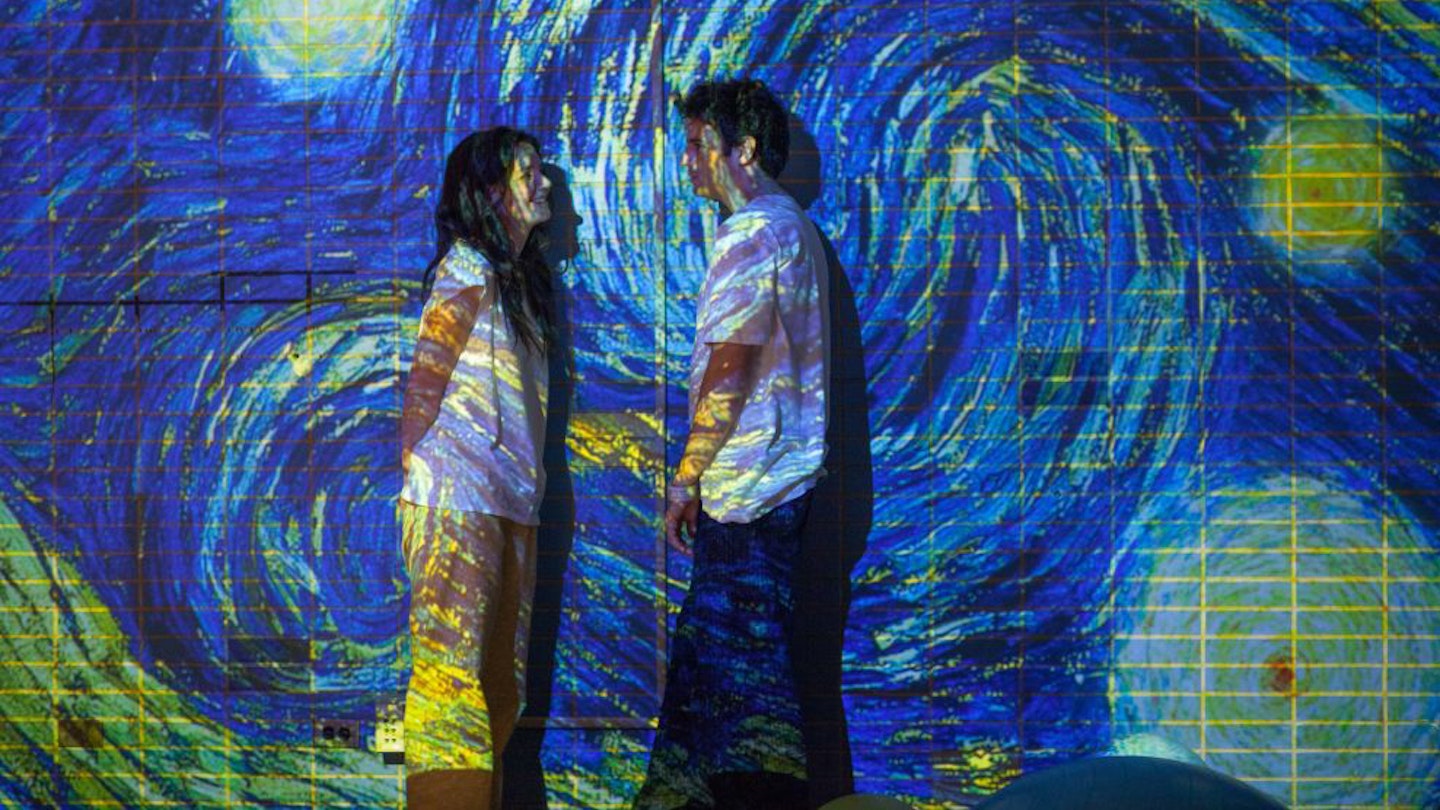Clearly, Norwegian film directors have a thing about French photojournalists experiencing domestic crises, as Joachim Trier's English-language debut has much in common with Erik Poppe's A Thousand Times Good Night (2013). Despite only appearing fleetingly in flashback, however, Isabelle Huppert gives a much more controlled performance than Juliette Binoche managed. But this is a far more thoughtful study of the impact that reporting from war zones can have on correspondents and the loved ones left behind dreading the sound of the telephone. Yet, Trier and co-scenarist Eskil Vogt also consider the strain placed upon risk-takers needing normality after enduring discomfort and danger who return home to find that life has cheerfully continued in their absence.
It's a thoughtful study of the impact that reporting from war zones can have on correspondents and the loved ones left behind.
Estranged by their repressed grief, Gabriel Byrne and sons Jesse Eisenberg and Devin Druid have struggled to cope. Eisenberg has just become a father, yet he strays into an affair with an old flame when he comes back to sort through Huppert's effects for a gallery exhibition. Byrne also finds unsatisfactory solace with colleague Amy Ryan, who teaches the English lessons Druid spends daydreaming of classmate Ruby Jerins. The sequence in which Druid relates the words Jerins is reading aloud from a book to his feelings for her and Huppert is deftly done, as are the montage accompanying Eisenberg's perusal of his brother's stream-of-consciousness journal and Strathairn and Huppert's intercut reflection on their profession. But this always feels more literary than Trier's more innovatively cinematic outings, Reprise (2006) and Oslo, August 31st (2011).
The performances are admirable, with Druid's alienated taciturnity mirroring Huppert's despairing stillness. Yet, while it's never mawkish, this considered study of mourning, memory and moving on rarely delves beneath the meticulously delineated surface.

